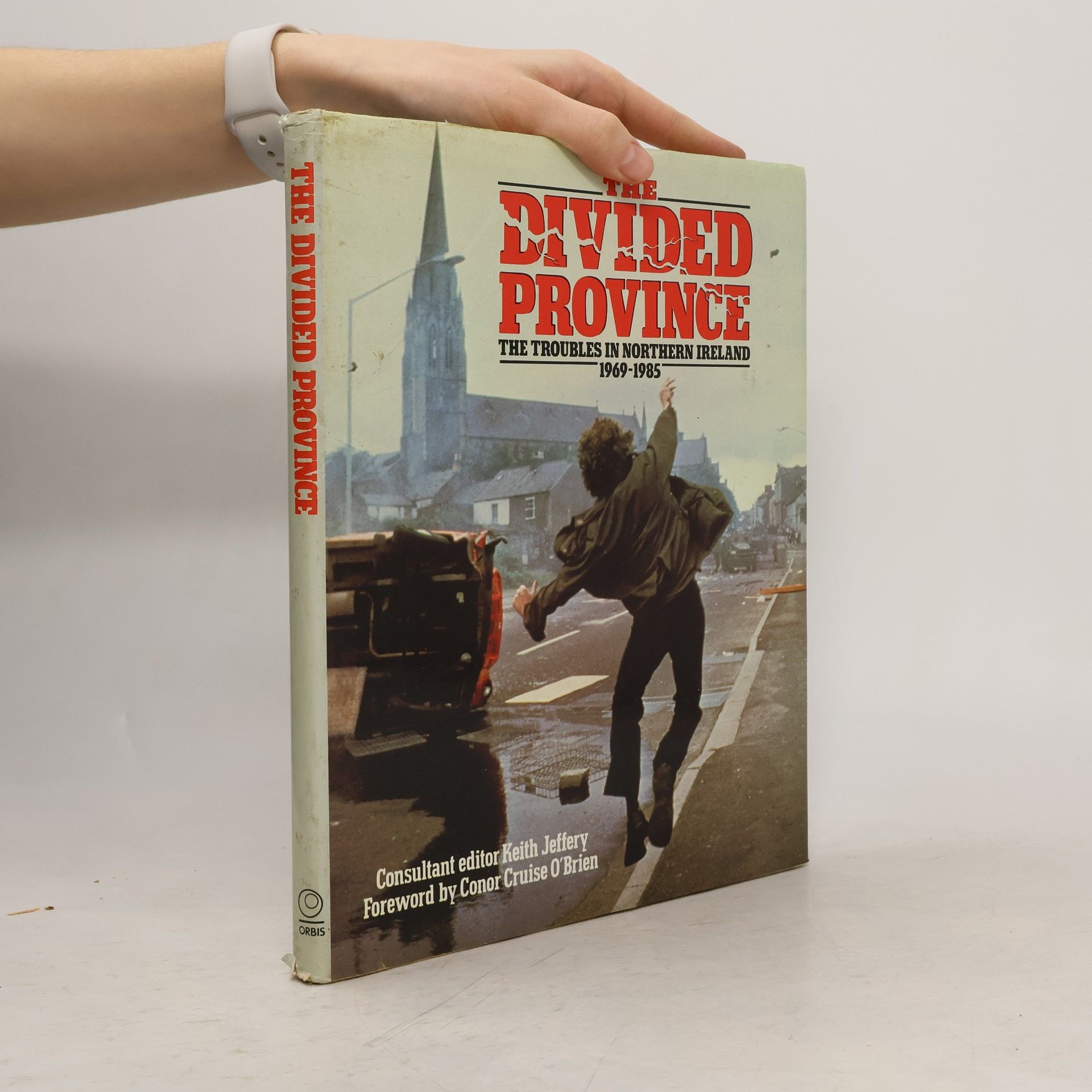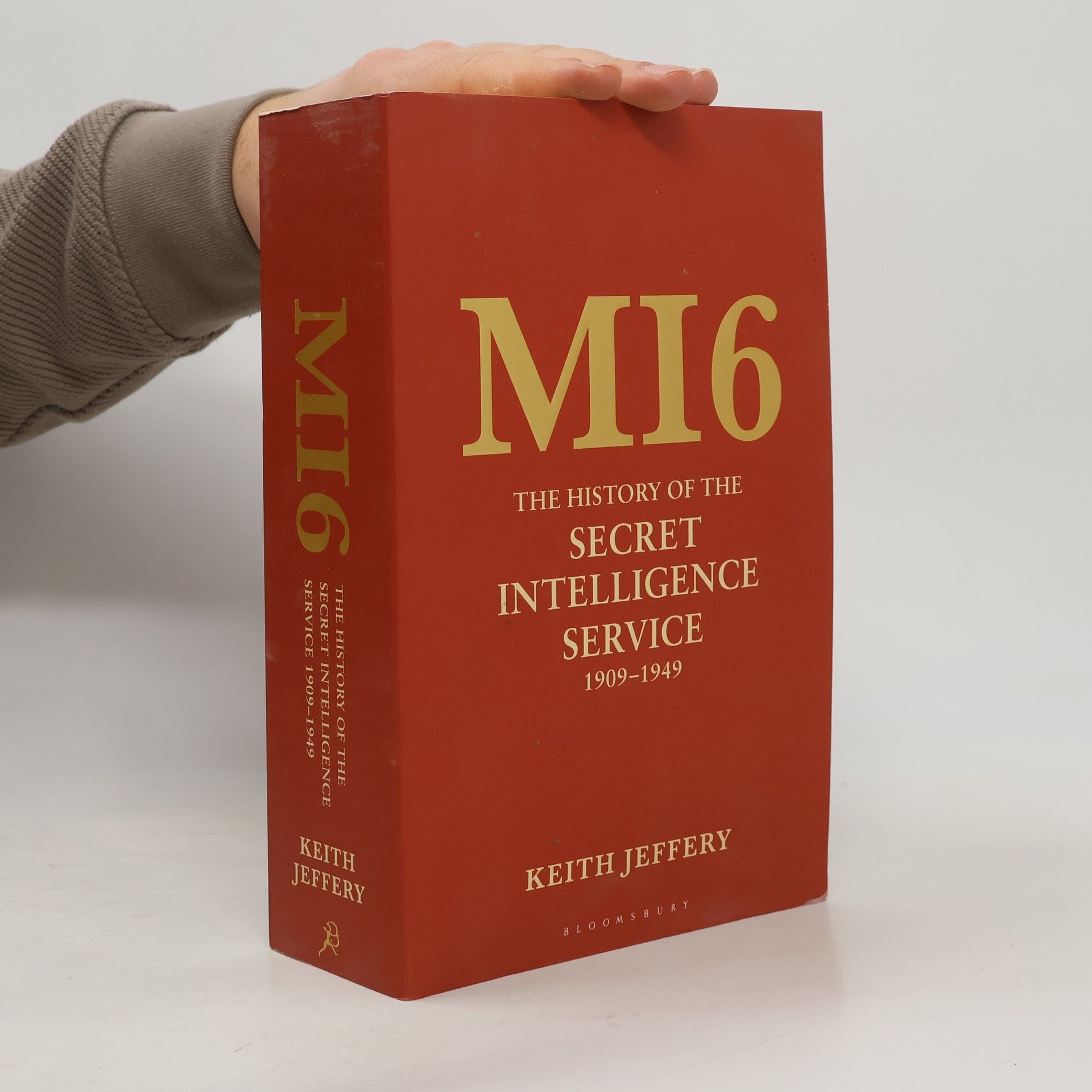A groundbreaking book, this unprecedented study is the authoritative account of the best-known intelligence organisation in the world. Essential reading for anyone interested in the history of espionage, the two world wars, modern British government and the conduct of international relations in the first half of the twentieth century, MI6: The History of the Secret Intelligence Service 1909-1949 is a uniquely important examination of the role and significance of intelligence in the modern world.
Keith Jeffery Book order (chronological)
Keith Jeffery was a Northern Irish historian renowned for his expertise in modern British, British Imperial, and Irish history. As a Professor of British history at Queen's University Belfast, his work delved deeply into the intricate dynamics of historical processes and their lasting impact. Jeffery was known for his rigorous research methodologies and a keen analytical approach that brought clarity to complex historical narratives.

